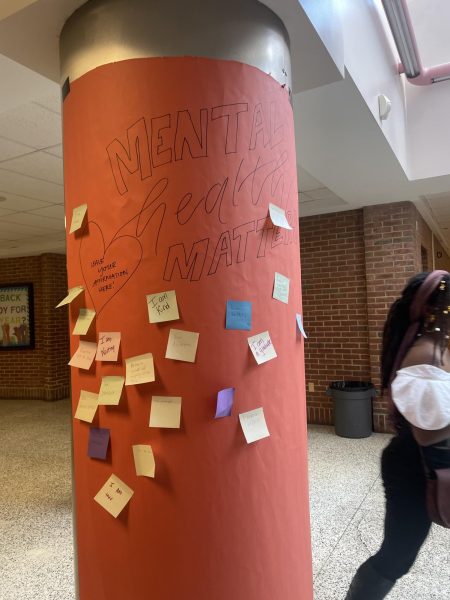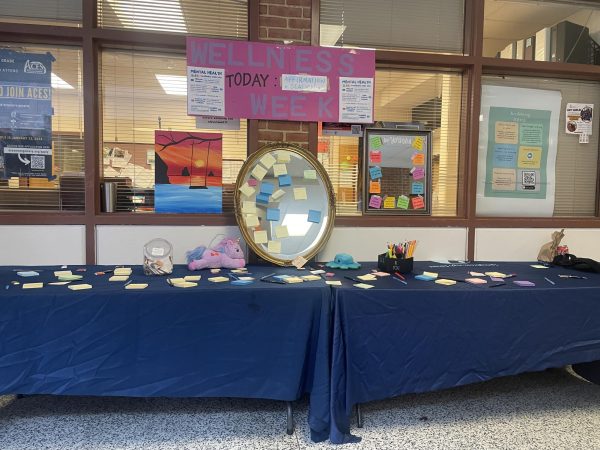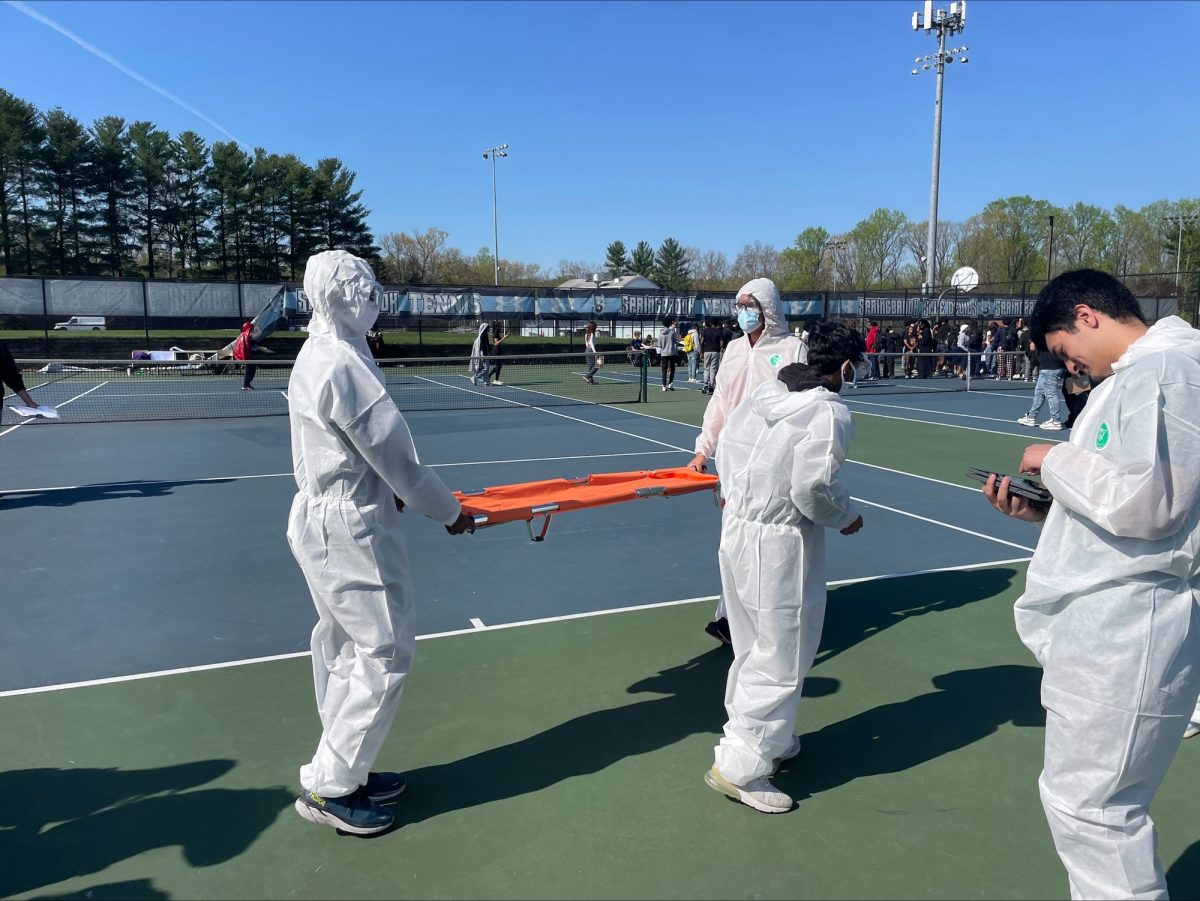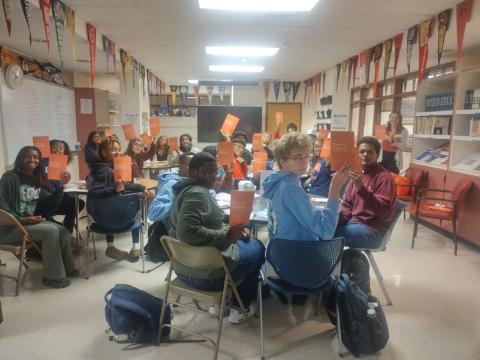Mental health is a state of emotional, psychosocial, and social well-being. While there is still a stigma attached to this, there is now more than ever a supportive community willing to share their experiences and offer support. Several types of mental disorders affect youth, including anxiety, mood, depression, and behavioral disorders. Our brains work similarly, but we are all types of people.
During the pandemic, “the parents of teen girls reported higher levels of depression and anxiety than the parents of teen boys — 31% of teen girls experienced depression compared to 18% of teen boys, while 36% of teen girls faced anxiety versus 19% of teen boys” (Marples, Megan. CNN Wire Service, 03/16 2021. ProQuest; SIRS Issues Researcher). It is crucial to address the importance of recognizing and understanding mental health symptoms. By identifying and acknowledging these symptoms, individuals can seek appropriate support and interventions. One sign is social withdrawal, avoiding people or activities that would usually bring enjoyment. Working with a therapist to develop solutions and practicing meditation and mindfulness can be a good starting point.
Moreover, insomnia, also known as an inability to sleep at night, can indicate mental distress, repeated depressive symptoms, and physical pain. Here are tips you can use to combat insomnia:
- Create a relaxed bedtime routine.
- Ensure a secure sleeping environment.
- Avoiding caffeine can help alleviate this issue.
Another sign is a decline in overall performance, manifesting as difficulty completing tasks, neglecting personal well-being, procrastination, and difficulty getting up in the mornings.
In addition to these three, other contributing factors to mental health include various symptoms. If you need a space to vent, you can approach the counselors for support and collaborative problem-solving. Ms. Gisselle Escober, the case manager, assists families with housing/rental aid, food, clothing, and external therapeutic support. Additionally, Ms. Jackie Garoz, a licensed therapist, provides individual, group, and family therapy, and Dr. Smith-Drew, the pupil personnel worker, aids with family needs and school attendance. The Wellness center aims to reduce anxiety and stress among students, offering a physical space for self-care, healthy coping mechanisms, and self-regulation. Bridges to wellness meets daily during lunch, providing a welcoming environment for students to engage in enjoyable activities and meet new people. An upcoming leadership group and the club “Our Minds Matter,” hosted by Ms. Gisselle Escober, focus on mental health awareness and support.
Springbrook encourages students to explore various activities they enjoy, such as:
- Maintaining a journal to identify and challenge negative thoughts.
- Incorporating exercise in your daily routine.
- Use health apps for tracking progress and managing stress.
As always, do not hesitate to reach out to a trusted family member or friend for positive coping strategies.
Remember, seeking help is a sign of strength and not a weakness. Our school community is committed to supporting students in their journey towards a happy, fulfilling life. QR codes are available in the Counseling Office and on bulletin boards. The QR codes provide easy access to online resources. It is important for all of us to find a trusted adult to confide in. Talking to someone you trust can provide the emotional relief that you need. Students should embrace the available support and take steps towards a healthier and happier you. You are not alone on this journey. Your well-being matters and there are people here and in the community who genuinely want to help you thrive and find your happiness.
In honor of Wellness Week, the Counseling Office allowed students to create positive affirmations to remind us that positivity goes a long way.












